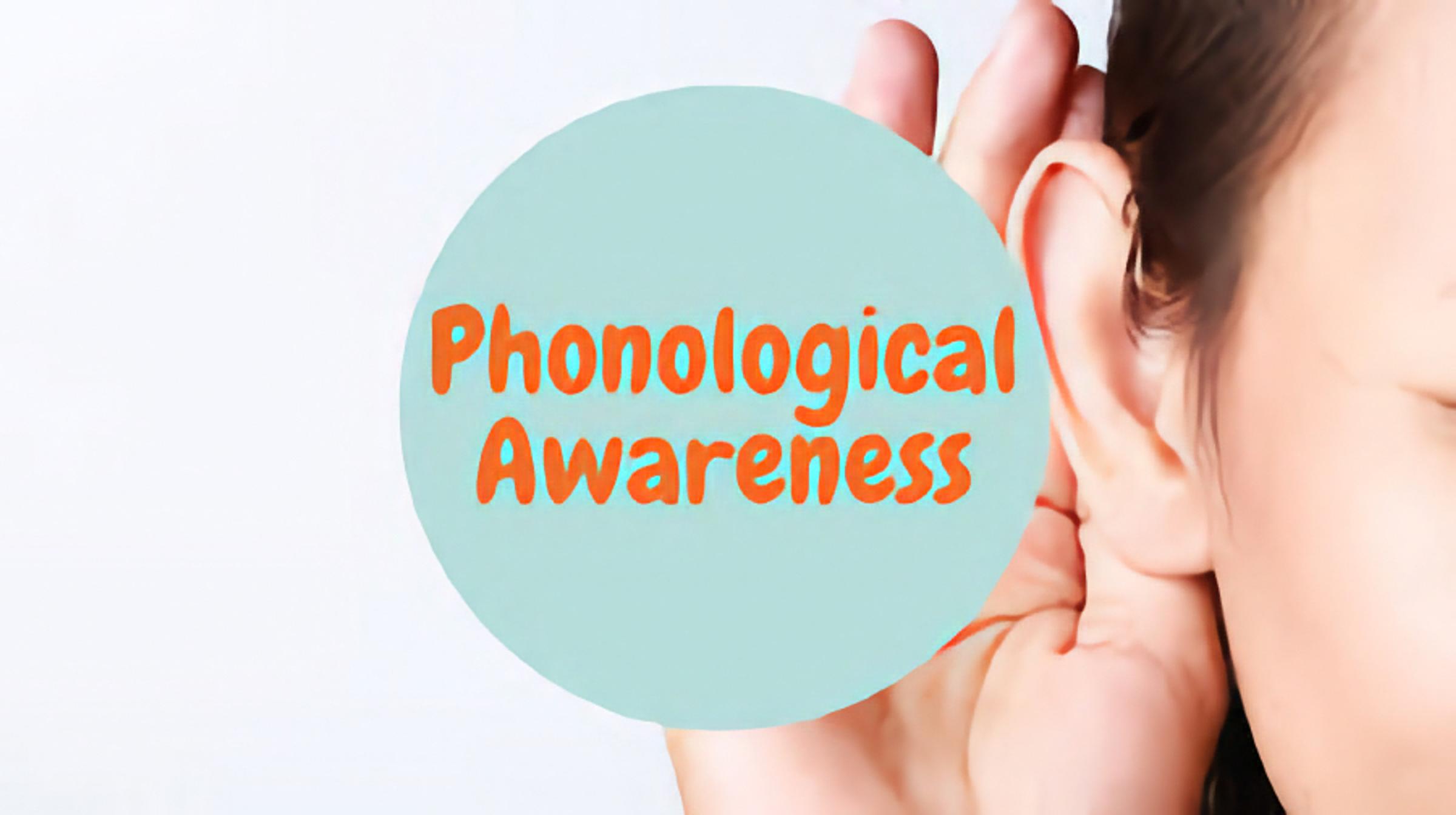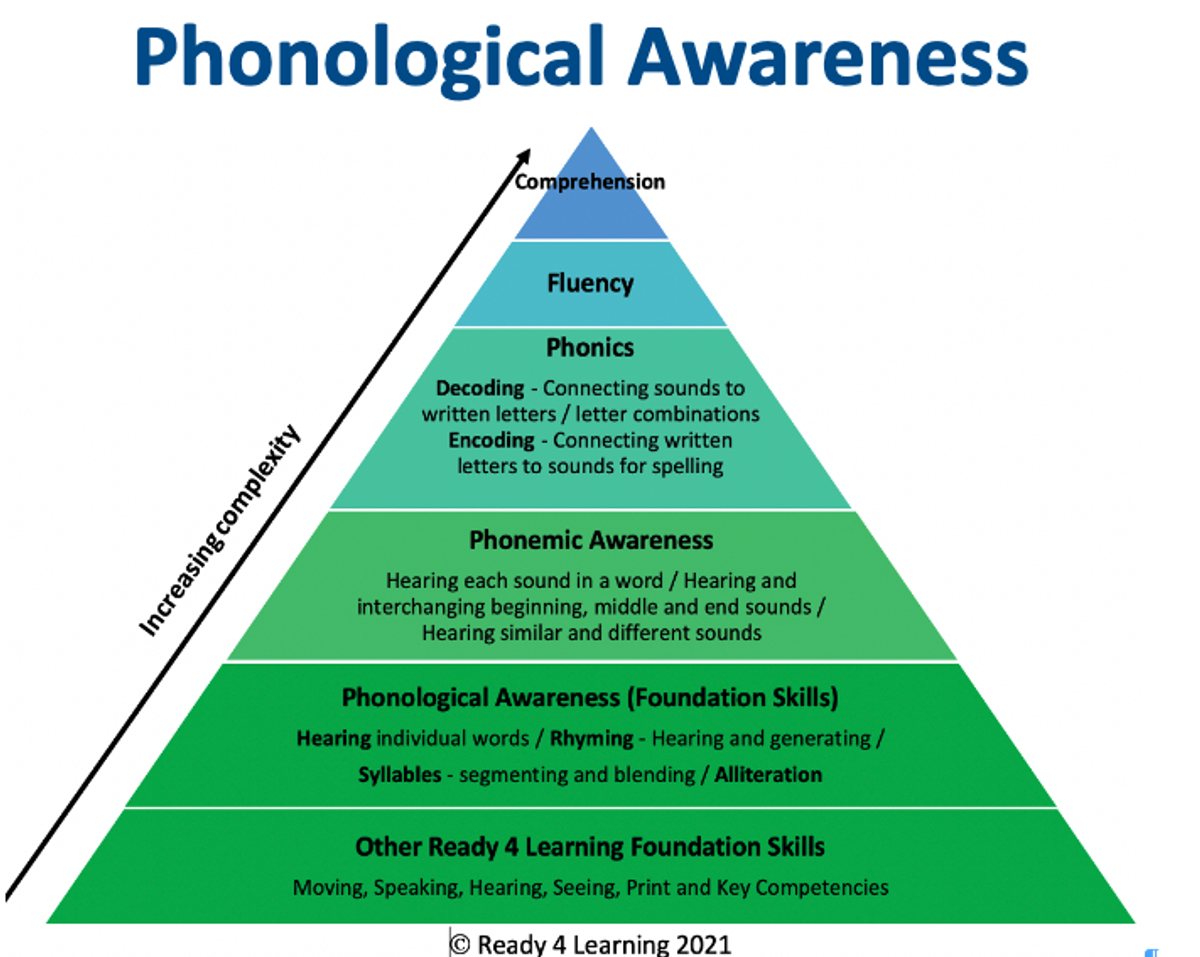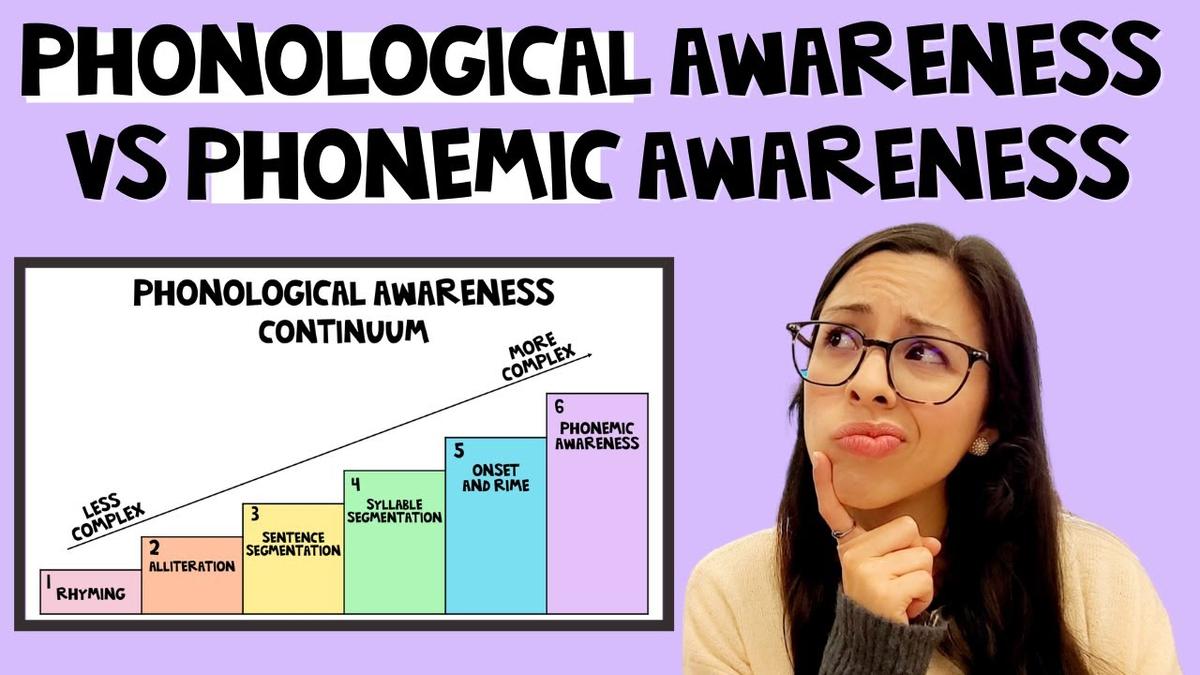Phonological awareness:
by Annette Pram - WHS Piwakawaka Team Leader

Phonological awareness:
by Annette Pram - WHS Piwakawaka Team Leader


School readiness is more than a child’s chronological age. It is the measure of the knowledge, skills and behaviours that enable children to participate and succeed at school. We want all children at Western Heights Primary School to thrive, flourish and enjoy school (rather than just cope). We take the issue of school readiness seriously and look at the development of the whole child, including their social, emotional, physical, communication and cognitive skills.
In a New Entrant class, only a small number of children will come to school with all of the skills needed to learn to read and write. Some may have most of these skills, but many will need to work on foundation skills in certain areas to remove roadblocks to further learning.
When children begin as New Entrants, we look at their transition to school through a “Ready 4 Learning” lens. These foundation skills have been researched and divided into six key areas, as they are the building blocks that children need to have in place before they can successfully begin learning to read and write. These foundation skills cover fine and gross motor skills, speaking, seeing, and hearing skills, and the New Zealand Curriculum of Key Competencies, being curious, ‘Managing self’ and giving things a go.
Below are the six key areas we look at with your child.
To hear more about these, please join us in Room 28/29 for an open day on Thursday, 9 March, where we can go into more detail about why these foundation skills are so important. We will have hands-on activities for you to join in with and use at home with your children.
Moving:
Balance, coordination, core strength, gross motor skills, fine motor skills, and staying on task.
Seeing:
Visual perception: sequencing, patterns recognising similarities and differences (supports children with seeing the difference between a “b’ and ‘d’, or ‘h’ and ‘n’, visual memory.
Hearing:
Identifying sounds in the world around us, working out small units of sounds, and memory.
Speaking:
Vocabulary, complete sentences, verbalising, thinking and learning.
Print concepts:
Knowledge of written language and how it functions.
Key Competencies:
Managing self, Relating to others, Thinking, Using Language and Participating and Contributing.


Phonological awareness is the ability to recognize and manipulate the spoken parts of sentences and words. Examples include being able to identify words that rhyme, recognizing alliteration, segmenting a sentence into words, identifying the syllables in a word, and blending and segmenting onset-rimes. The most sophisticated — and last to develop — is called phonemic awareness.
Phonemic awareness is the ability to notice, think about, and work with the individual sounds (phonemes) in spoken words. This includes blending sounds into words, segmenting words into sounds, and deleting and playing with the sounds in spoken words.
Phonological awareness (PA) involves a continuum of skills that develop over time and that are crucial for reading and spelling success, because they are central to learning to decode and spell printed words. Phonological awareness is especially important at the earliest stages of reading development — in pre-school, kindergarten, and first grade for typical readers.

